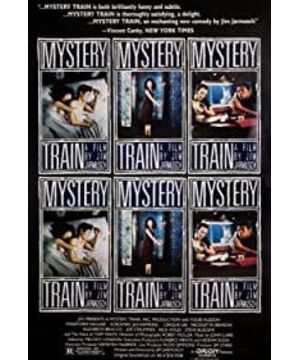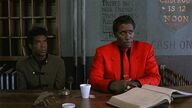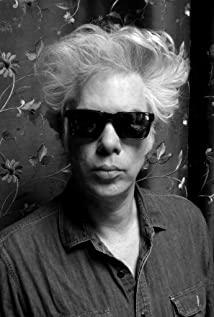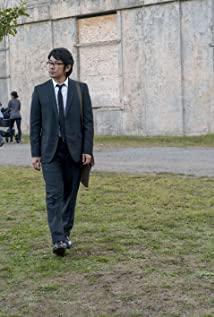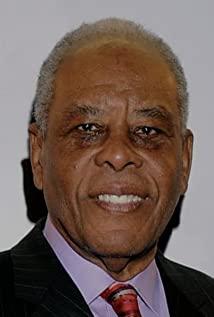I got a new post-viewing experience-I thought it was pretty good after reading it but I was a bit disappointed, and the more I thought about it, the better it became.
The initial loss was due to the exquisite three-stage perspective structure on the still simple story packaging, which seemed to be somewhat clever for the old wine in the new bottle; but then I slowly noticed the director's restrained expression in the memory.
A pair of Japanese high school couples came here because they admired the former American music represented by Elvis. An Italian young widow had a dream/surreal connection with Elvis due to a flight delay and stayed in Memphis. Both of them were similar to yesterday’s American music. The fascinating and exotic temperament produces a spiritual connection that is dislocated in time and space. Because of the high convenience of the United States today, I only feel novel about this high-contrast depression. I insert a Jiamuxu-style self-deprecating humor and let Nagase move to Yokohama. Losing 60% of the building is Memphis’s conclusion.
The airport and train connecting the small city with the world symbolize the thickness of modernization, and the other side is a barren land that cannot be walked out. From the people who are broken in love, we only see the mentality that must be her, which is also what Jia Muxu usually expresses. The cowardice of taking a gun if you don't get it; correspondingly, unemployment has become a devastating blow to life, and even if you fire a gun, you can only "flee" in small cities. Elvis symbolizes the decline here, somewhere abandoned by the United States.
Deliberately making Elvis and Memphis the spiritual symbol of Elvis the same name is also a cold humor, and at the same time conveying the feeling of self-pity for yesterday's scenery of American culture is really self-disgusting. Comparing with the repetition of the old tricks in "Patterson", it is obvious that the spiritual continuation implied by the latter is very positive.
And the stories of the three Americans who had troubles in their work and life would not experience them, and at most they would hear the sudden gunshots, and then said you know this is American. Although the former is not a reality show of Pyongyang or Truman, the three pairs of characters are separated by subtitle cards, and they see the same scenery. This is a more sophisticated means of showing off.
In the author's closed language that does not require transitions from "Outlaws", shielding has become its theme. Memphis is an isolated island, and foreign cultures are not used to contemplate the other, but to strengthen the executor of this shielding. And those repeated scenes that are more frequent than the previous work just echo it-the confusion of different groups of people who are blocked.
In the past, present, and the future of the train, there is a huge shield between these American stories and the symbol of "America", and the film is called "mysterious."
View more about Mystery Train reviews


